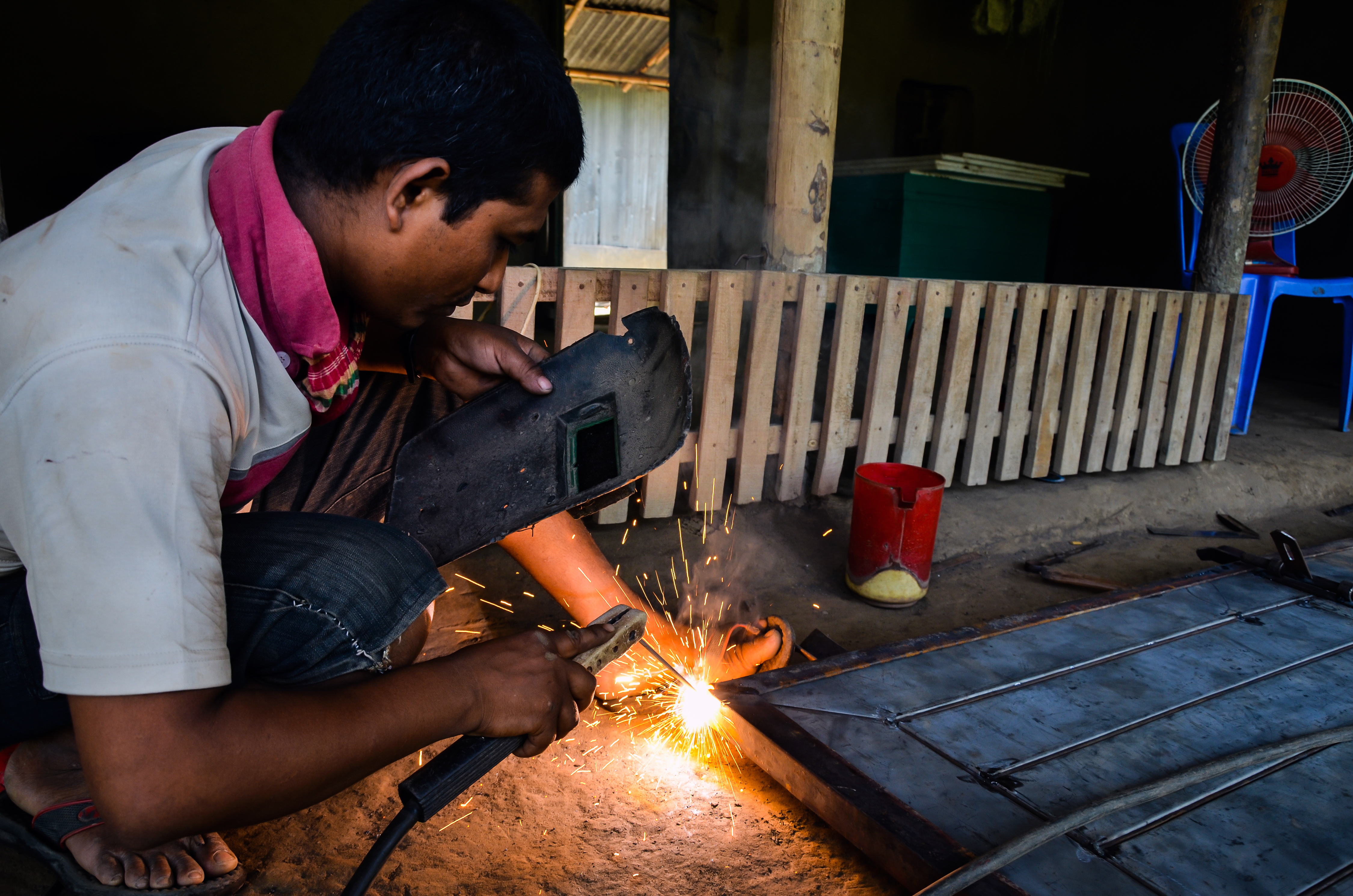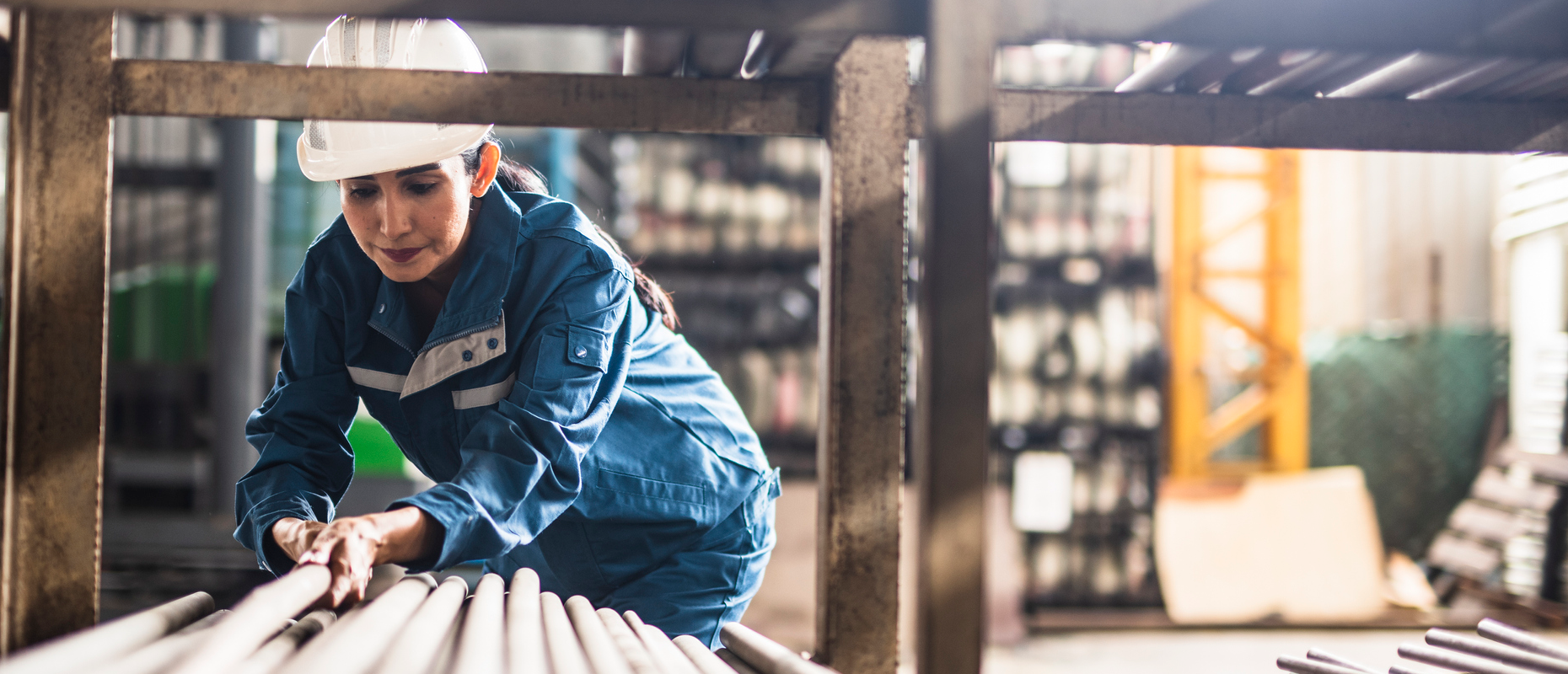Human rights are universal rights we all have as human beings, regardless of nationality, origin, religion, language, or any other status. They were adopted by the UN more than 70 years ago with the Universal Declaration of Human Rights.
Individual states and companies are expected to respect international human rights legislation. In addition, under the UN Guiding Principles on Business and Human Rights, also companies have a responsibility to undertake human rights due diligence.

Magdalena Kettis from Nordea’s Active Ownership team, you have worked with human rights for years. How would you describe this journey?
In our dialogues with industry actors, we note that more and more companies and industry initiatives recognise the need to address human rights and make commitments towards them.
At the same time, we see that the actual human rights performance of some of the largest companies in the world is not very impressive. The latest Corporate Human Rights Benchmark (CHRB) assessment published in November 2022 shows that most companies assessed since the first iteration in 2017 have improved their scores. But 82% of companies still score below 30% in the benchmark.
New legislative directives on human rights will probably be helpful in this respect. In 2021 we, together with 93 other investors, signed an Investor Statement in Support of Mandated Human Rights and Environmental Due Diligence in the European Union.
We believe that an EU-wide due diligence law aimed at making businesses accountable for human rights violations and environmental harm throughout their value chain will help level the playing field and promote better human rights performance at companies.
In February 2022 the European Commission adopted a proposal for a Directive on Corporate Sustainability Due Diligence. In September 2022 the European Commission issued a legislative proposal for a ban on products made using forced labour.

How are human rights assessed and measured?
Human rights compliance can and has been measured in various ways.
All funds managed by Nordea are subject to norm-based screening which identifies companies that are allegedly involved in breaches of international law and norms, including human rights. If a company is identified in this screening process, we will initiate an internal assessment of the company and the incident.
We also use the earlier mentioned Corporate Human Rights Benchmark as a means of assessing and tracking companies’ progress on their human rights performance. We have since 2017 been part of a collaborative investor engagement based on the Corporate Human Rights Benchmark company assessments.
Moreover, we have access to the World Benchmarking Alliance Social Baseline Assessment, which looks at how 1,000 of the world’s most influential companies contribute to the social transformation of our global system and the UN Sustainable Development Goals. The assessment includes just transition indicators, which assess companies’ stakeholder engagement and contributions to a just transition.
Why is this important in investing?
For a company the failure to comply with human rights can involve substantial risks, directly impacting its business and shareholder value. Consumers are more and more aware that local news has become global and they don’t want to buy products produced using forced labour and under inadequate working conditions. The same goes for investments.
Companies ignoring human rights are also more vulnerable to reputational risks and sanctions caused by this.
"Consumers (...) don’t want to buy products produced using forced labour and under inadequate working conditions. The same goes for investments"
How can investors impact the way companies approach human rights?
As investors we of course expect companies to comply with internationally recognised human rights principles but also want both the investee companies and their supply chains to actively manage and prevent their negative impact on human rights.
Our role as an owner of a company gives us the opportunity to impact it directly. In such engagements we cannot just communicate our expectations and then expect companies to follow them – we also want to make sure that they are setting measurable targets and taking concrete actions to reach them.
We have also joined forces with other investors through collaborations and initiatives such as the Investor Alliance for Human Rights.
Can you give an example of a company you have worked with?
Yes, of course.
We have for instance engaged with Tesla both jointly with other investors as well as on a one-to-one basis. While electric vehicles are contributing to a carbon-free economy, their supply chains also present environmental and human rights concerns such as labour rights abuses, child labour in cobalt mining, water pollution, and deforestation.
Related article
Engaging Tesla on human rights
Tesla is an interesting and challenging company from an ESG perspective and we engage with the company on a one-to-one basis as well as via collaborative investor engagement. Electric vehicles (EVs) are a critical technology supporting the transition to a carbon-free economy – a transition Nordea supports and wants to push.
Learn more

